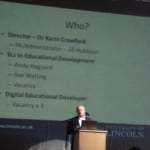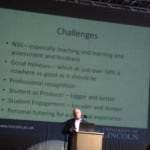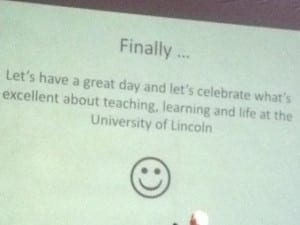There’s a lot of development going on. We are EDEU, a new Educational Development Unit. Our job titles include the words Development and Developers. We are Staff Development and Continuing and Professional Development. In the literature of professional support for higher education, development can be prefixed with academic and learning as well as educational but what does the development part mean? Who is developing what? Trying to pin down meaning often reveals the slippiness of language. The closer you get to the words the more they shape-shift. The term educational development is loose and while I appreciate the flexibility of open endedness, some starting points are worth having.
The literature of SEDA, the Staff and Educational Development Association, refers to academic development and the enhancement of learning, teaching and professional development http://www.seda.ac.uk/ In a 2009 paper Forms of knowing and academic development practice, Sue Clegg writes how Academic Development is the ‘primary site though which the ‘subject’ of ‘teaching and learning in higher education’ has come into being.’ Against a background of changes in higher education, debates around the purpose of the university and the contested identities of teaching and research, she describes how academic development slipped in as a ‘defined set of practices and epistemologies’, taking on ‘…a more strategic role in reshaping institutional provision to fit more closely with government priorities’ with academic developers finding themselves ‘…positioned precariously between senior management and academic staff.’ Clegg 2009 p407. I prefer the analogy of bridge to precarious perch but with EDEU’s remit including implementation of the teaching, learning and digital education plans – plan being another word for strategy – an element of inbetween-ness can be identified.
At EDEU’s first AwayDay the eclectic nature of our existing and future work was revealed. Using the cool tool Ketso, we mapped out the constituent parts.
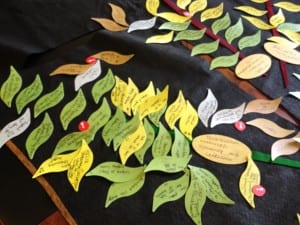 Technology Enhanced learning branch
Technology Enhanced learning branch
A key outcome was the need to identify support for digital technology as scholarly rather than techie. Clegg writes how research into higher education is essential to understand academic practice. This is particularly relevant with internet technologies. We need to know where we came from and how we got to the places we are today. The use of VLE benefits from critical reflection. Not only should educational engagement be pedagogically driven, it must be informed through critical engagement with the published evidence base.
The Ed Dev team decided supporting a DIY approach to VLE, one which provides scaffolded learning, rather than DIFY (Do It For You) is the way the way to go. Narrowing divides between those who support the networks and those who use them for teaching is still about drives and drivers- you have to know your plugs from your sockets -but it’s also about the wider emotional impact of change, in particular from a traditionally face-to-face practice to an online one.
Words are a bit like technology. They mask what’s going on underneath. Reflection on the slippage between educational and academic – when paired with development – is ultimately pedantic because at the end of the day, it’s the definition of development which matters and this is about informed support for change. EDEU started with difference in terms of faces, spaces and working practice and there’s going to be more of it ahead because an EDEU shaped future is where development is another word for change.
———————————————————————————————————————————————————-
Clegg, S. (2009) Forms of Knowing and academic development practice. Studies in Higher Education, vol 34, no 4, 403-416
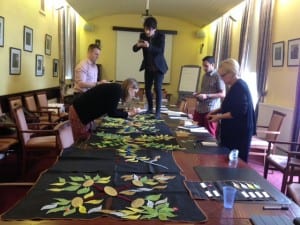
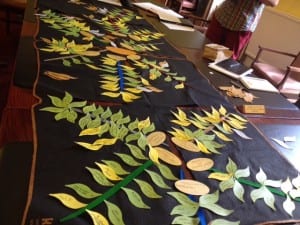
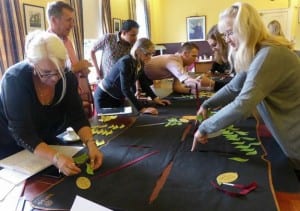
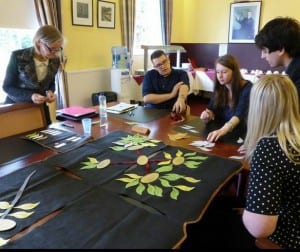
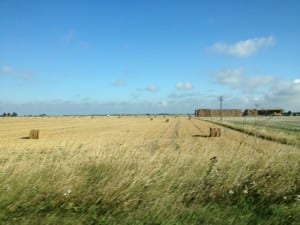
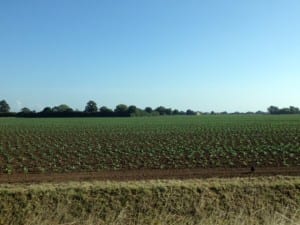
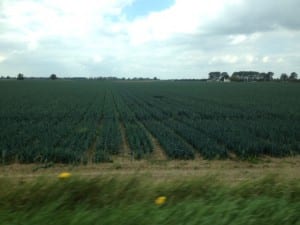
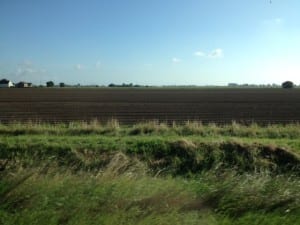


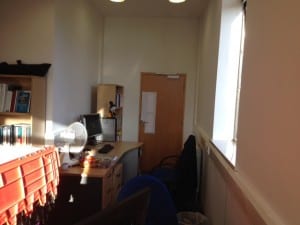 That’s me in the corner. The door to the meeting room is locked making the space into a 3-sided room.
That’s me in the corner. The door to the meeting room is locked making the space into a 3-sided room.



